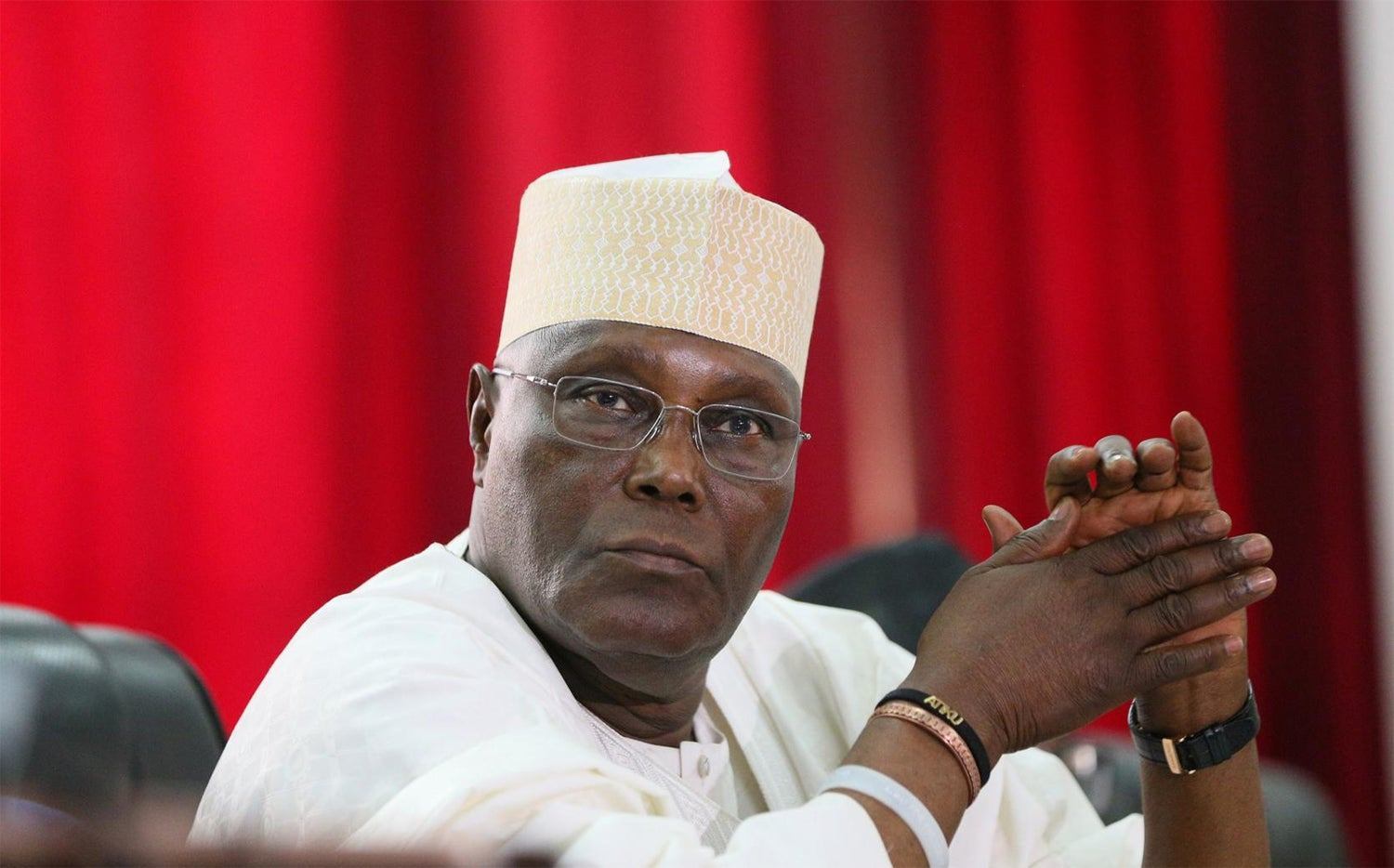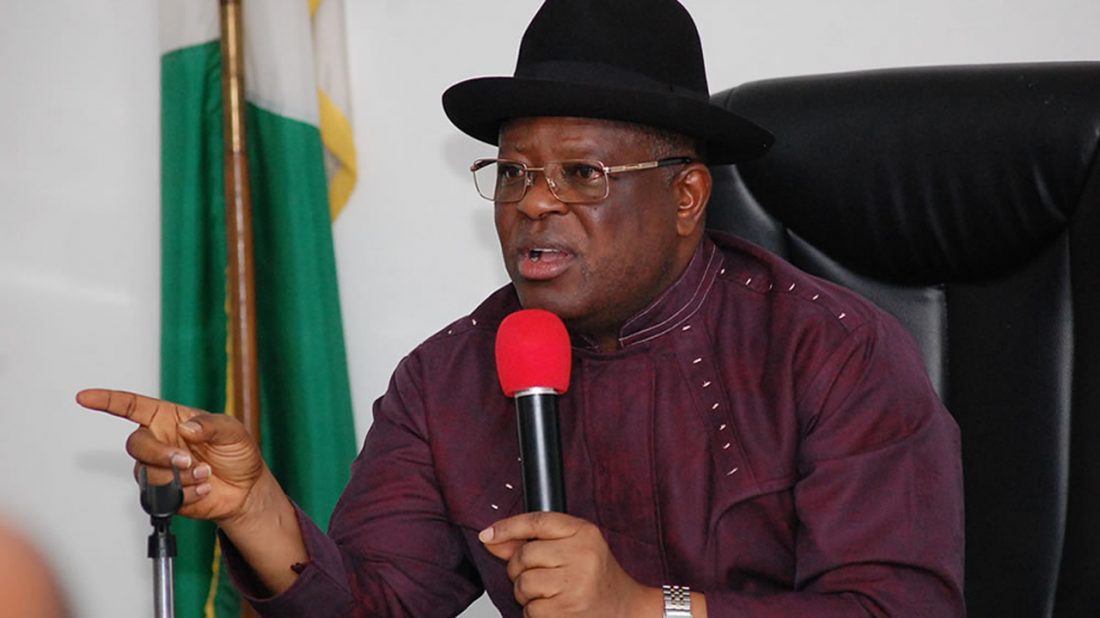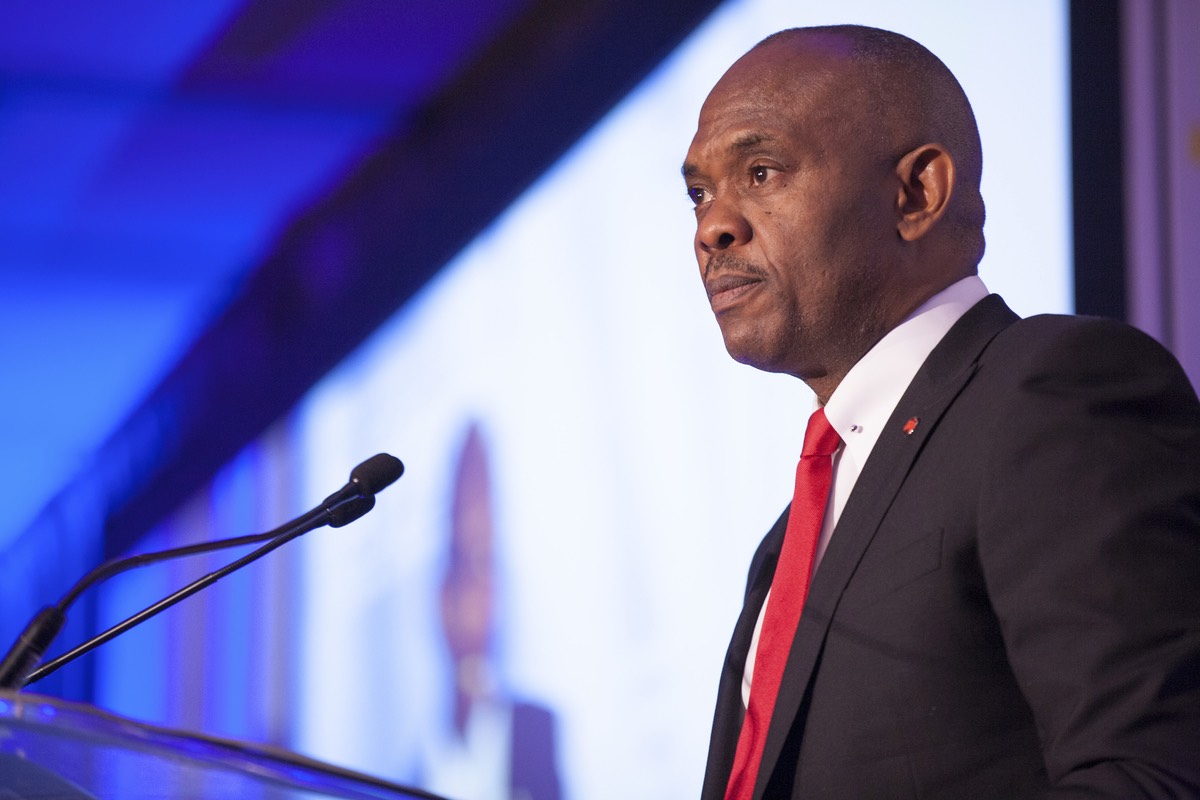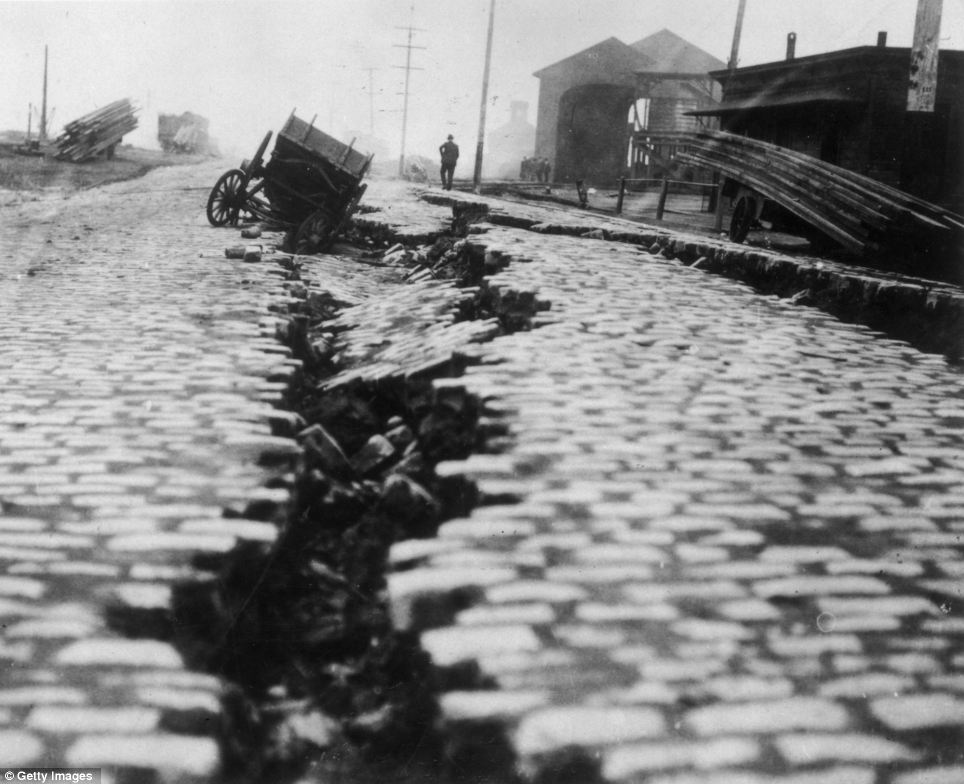“If they fail to give us Biafra, Somalia will look like a paradise compared to what will happen to that ‘zoo’ (Nigeria).” These are the words of Nnamdi Kanu, leader of the so-called Indigenous People of Biafra, IPOB.
On Sept. 20, the Federal Government of Nigeria proscribed IPOB as a terrorist organization. I, as minister of Information and Culture and the spokesman of the government, call on our international partners to do the same.
Whilst there is no internationally agreed definition of terrorism, many nations’ characterizations closely correlate. Basic to all of them is this: the calculated threat or use of violence to further a political, religious or ideological cause.
Back to Nnamdi Kanu: “I don’t want peaceful actualization (of Biafra)”; “We need guns and we need bullets”; “If they don’t (give us Biafra), they will die.” Public announcement like these puts IPOB’s designation beyond doubt in most jurisdictions: they are a terrorist organization, as ETA was in Spain, the Tamil Tigers was in Sri Lanka, and the PKK is in Turkey (all of whom are proscribed by the U.S. State Department).
But it is not for the sake of a label we level this appeal. Currently, streams of cash come from across the globe to swell the organization’s stockpile of weapons. Yet funding of terrorism is illegal in international law. Only with the group’s correct categorization will our international partners be able to halt the financing — and with it, IPOB’s future.
The threat posed by the organization may be low. IPOB commands little grass-root support in the South East (the region it calls Biafra). All South-East governors have collectively condemned IPOB’s calls for secession. And local traditional and religious leaders have weighed into the debate, restating that absolute integrity of Nigeria. Violence, much less terrorism, never solves grievance. And for that reason, the overwhelming majority of residents in the South-East reject IPOB. They know the ballot box offers the best mechanism for redress.
In spite of this, the latent threat is high. Boko Haram similarly had little support in the North East in 2009. They didn’t need it. Armed with terror and buoyed by government inaction, they seized large swathes of land. Inertia in Abuja lubricated the group’s advance. But now due to this government’s actions, Boko Haram hold no local districts. This administration shall not make the same mistake as the last. We will take the rapid, precise and necessary action required to deal with IPOB now.
The government recognizes in IPOB’s lust for destruction a trait shared with Boko Haram. It also appreciates a qualitative difference in the threat. Unlike Boko Haram — a regional insurgency — IPOB breeds insecurity across the whole nation. In their divisive and inciting rhetoric, they jeopardize the very social fabric that binds us.
Nigeria is a multicultural nation. Our strength lies in our diversity. The Igbo — the ethnic group that IPOB claim to represent — live in the South East, as they do in every zone across Nigeria alongside Hausa, Ijaw, Fulani, Yoruba and more. Each district makes up its own rich tapestry, with ethnicities and religions intermingling to form unique communities.
IPOB’s public announcements endanger Igbos that reside outside the South East. In claiming to speak for the Igbo, they falsely represent the group. But the public may sometimes miss this distinction. And whilst the government has taken all measures to soothe tensions, rumor still takes hold.
This is a terrorist tactic we have seen through history across the world. IPOB intend to drive a wedge between the Igbo and the rest of Nigeria. Grievance rooted in discrimination drives their recruitment — or so they think. They therefore manufacture it through stoking ethnic tension. This is the aim of IPOB’s rhetoric.
The violence they have sown in the South East has the same intention. The attacks on police officers, army stations, local Hausa groups as well as the establishment of a national guard and secret service are all breeding uncertainty in the region. The timing of the violence is not coincidental: the Nigerian economy has just broken free of recession. Yet IPOB must generate grievance to fuel recruitment. Prosperity threatens the organization’s existence.
And that is the heart of it: the terror lays bare their opportunism. They masquerade as a separatist movement, yet they endanger the very people they claim to represent. In reality, IPOB cares about IPOB and nothing more.
Terrorism is often called the power of the weak. That IPOB indeed are. But if the last decade has taught us anything, it is how quickly the weak can become strong. The government reiterates its appeal to its international partners to proscribe the organization, and in doing so, starve it of the funds which gives it sustenance. Nigeria has just defeated one preventable terrorist insurgency. This one must not be given the chance to get a foothold.
Lai Mohammed is Nigeria’s minister of information and culture and chief government spokesperson. This article was first published in the Washington Times.
The opinions expressed in this article are solely those of the author.













